Westchester Eyes Blog
Learn more about optometry care in our blog!

Glaucoma is one of the leading causes of irreversible vision loss worldwide, yet many people don’t fully understand how it damages the eye. Often called the “silent thief of sight,” glaucoma typically progresses without noticeable symptoms in its early stages.

Finding the perfect pair of glasses isn’t just about correcting your vision - it’s about choosing frames that highlight your features, fit comfortably, and feel like an extension of your personal style.
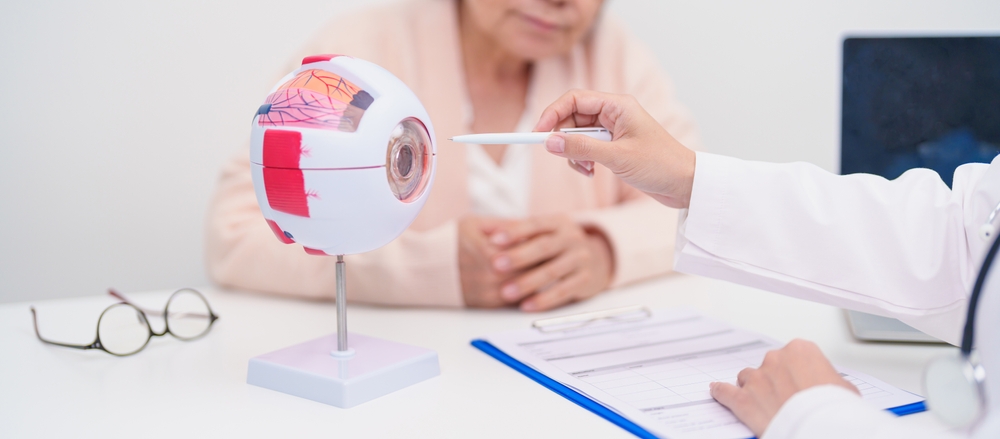
Macular degeneration can make daily activities like reading, driving, or recognizing faces more difficult - but that doesn’t mean you have to lose your independence.
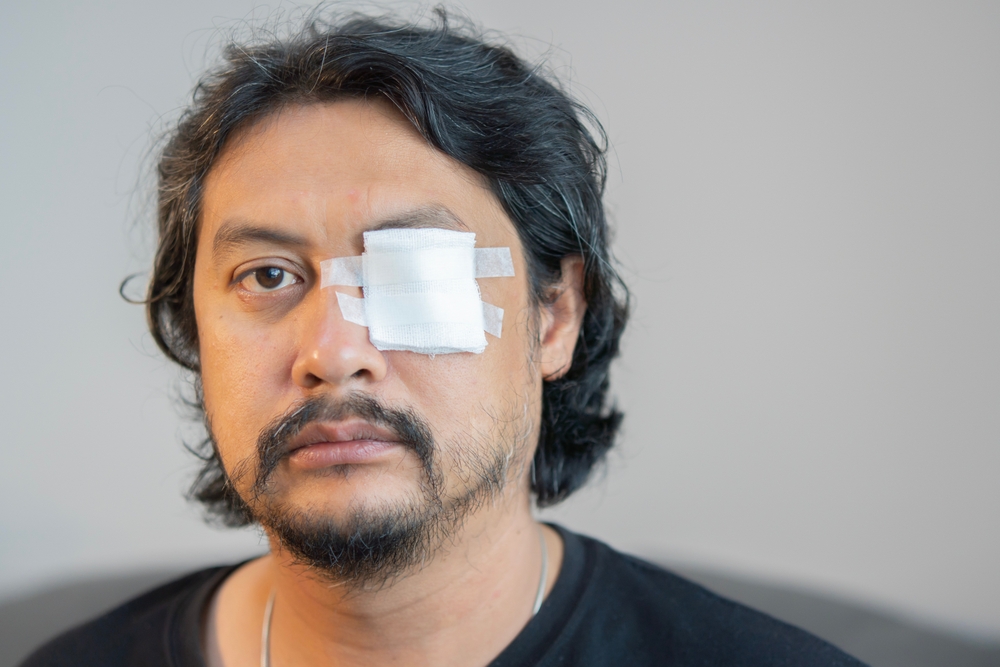
When it comes to your vision, time is often the most critical factor in protecting your sight. Eye emergencies can occur suddenly - from an injury at work to unexpected flashes of light or sudden vision loss.
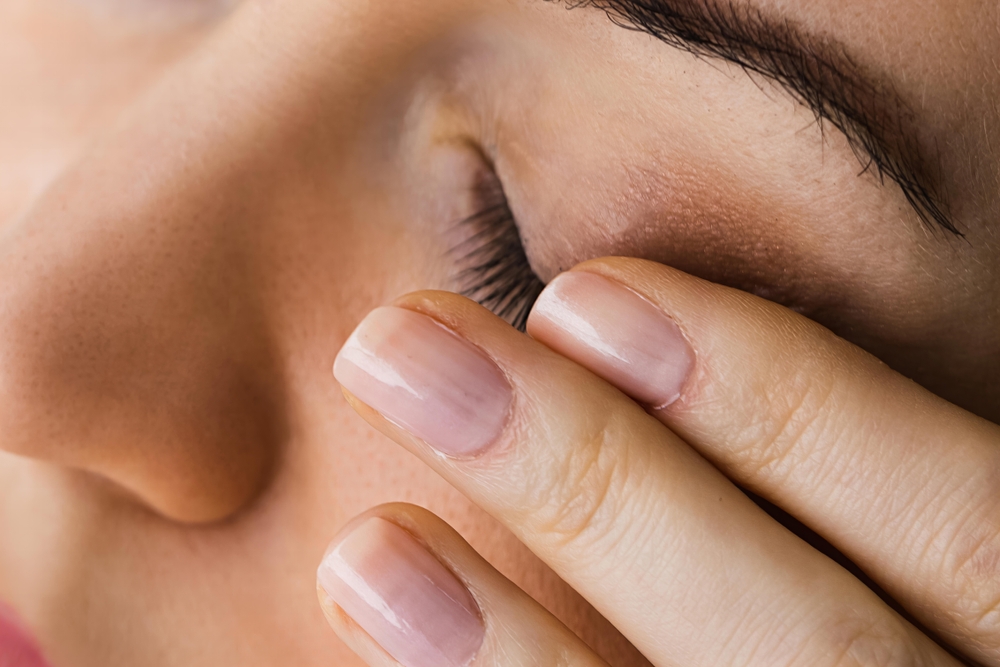
A chalazion is a small, typically painless bump that forms on the upper or lower eyelid when an oil gland becomes clogged. While it may start as mild swelling, the bump can grow larger over time and interfere with your comfort or even your vision. Understanding what causes a chalazion can help you recognize symptoms early and seek proper care from our eye doctors in White Plains, NY.

Neurotrophic keratitis is a rare but serious condition in which the cornea loses sensitivity due to damage to the trigeminal nerve. Because the cornea can no longer feel pain or irritation the way it should, early symptoms often go unnoticed - allowing the condition to progress quietly. Working with our eye doctors in White Plains, NY is essential for early detection and proper care.

As we age, our eyes undergo natural changes that can impact vision and increase the risk of certain eye diseases. While many people associate vision issues with older age, maintaining good eye health should be a priority as early as your 30s. At Westchester Eyes, our team is committed to helping patients protect and preserve their sight through comprehensive eye exams in White Plains, NY and personalized care plans tailored to every stage of life.

Eye discomfort can be frustrating, especially when it’s persistent. Many people assume it’s due to dry eye, but not all irritation comes from dryness. Allergies, infections, or even vision changes can cause similar symptoms. Understanding what’s behind your discomfort is the first step toward lasting relief.
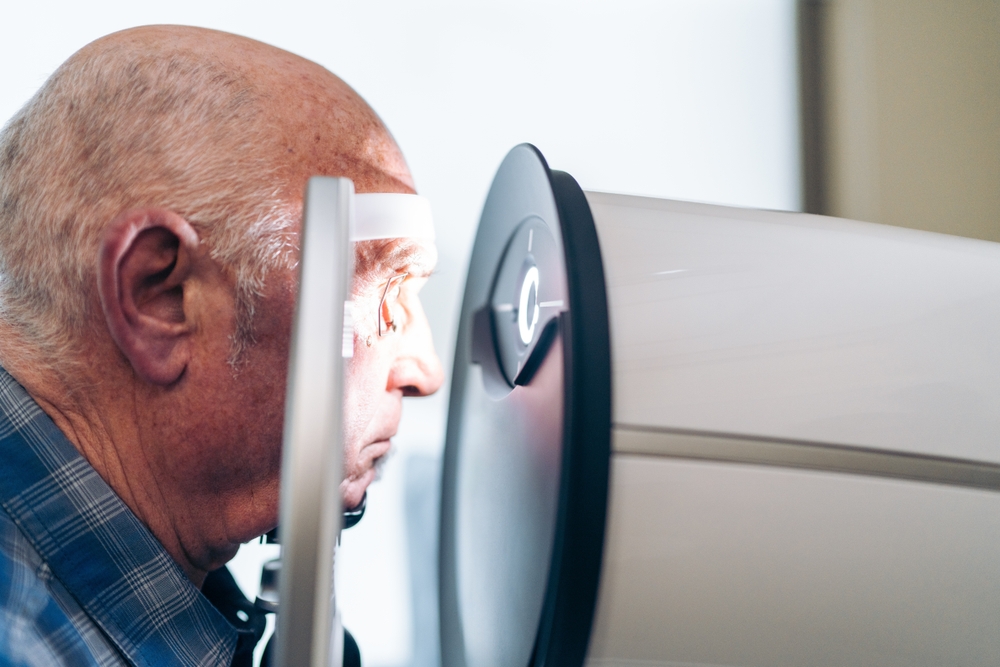
Glaucoma is often called the “silent thief of sight” because it typically develops without noticeable symptoms in the early stages. By the time vision loss is apparent, the damage may already be irreversible. That’s why routine eye exams are one of the most important steps you can take to protect your vision. At Westchester Eyes, we use advanced diagnostic technology to detect signs of glaucoma early, when treatment is most effective.
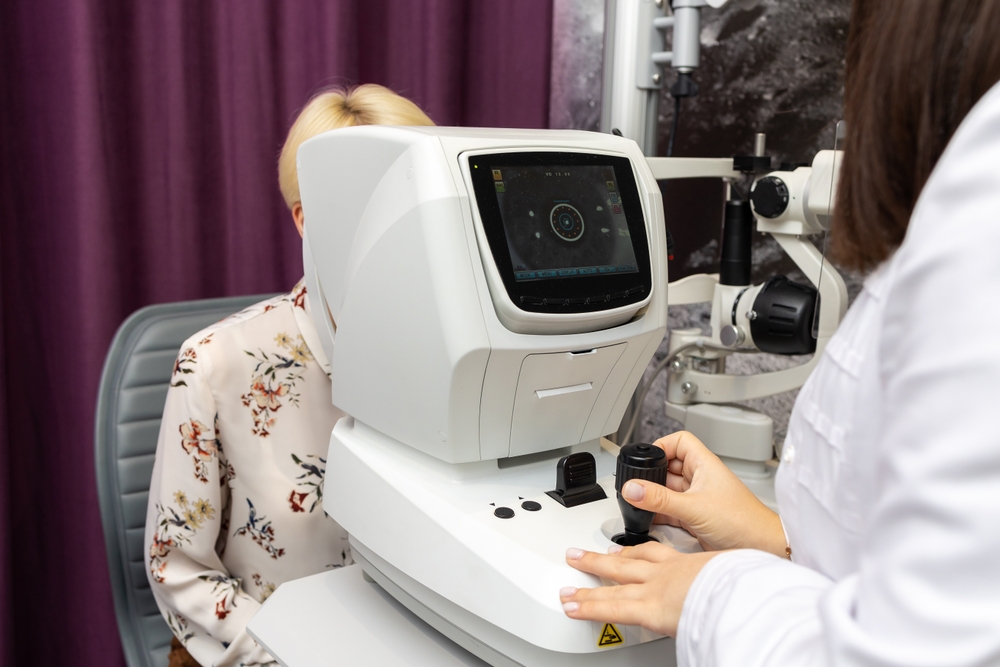
Eye exams today look very different than they did just a few years ago. Instead of relying only on traditional tools, eye doctors now use advanced technology to give you a clearer picture of your vision and overall eye health. At Westchester Eyes, we’ve invested in some of the most innovative equipment available to make sure your exam is accurate, comfortable, and thorough.








